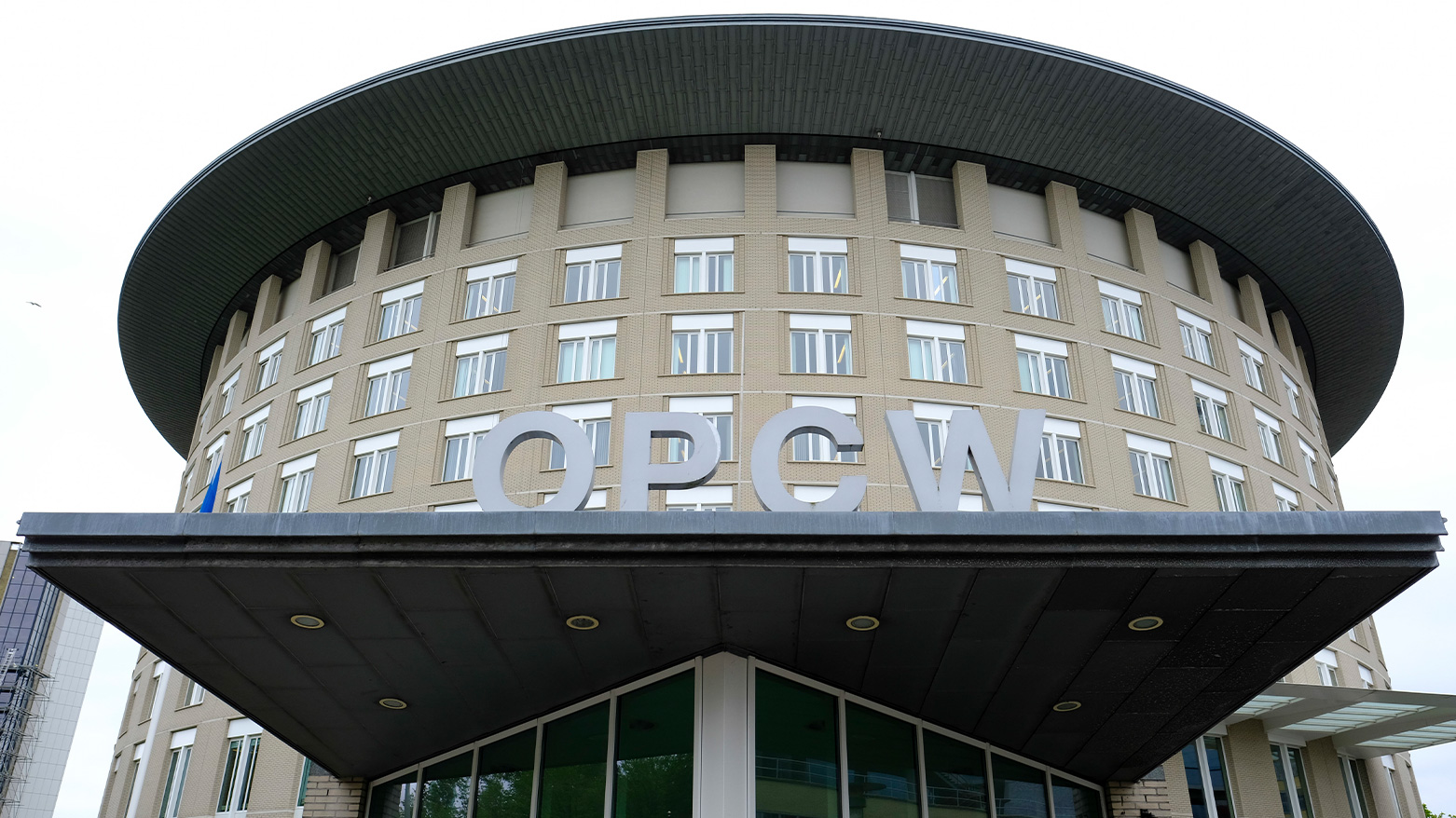OPCW Chief to Visit Syria for Talks on Chemical Weapons Disarmament
For years, OPCW inspectors had faced obstructions in verifying the extent of Syria’s chemical arsenal, which had remained in dispute despite previous declarations.

Feb. 8, 2025
ERBIL (Kurdistan 24) – Fernando Arias, Director-General of the Organisation for the Prohibition of Chemical Weapons (OPCW), is set to visit Damascus on Saturday to discuss the elimination of Syria’s remaining chemical weapons stockpiles.
According to Reuters, citing three informed sources, Arias will meet with Syria’s interim President Ahmed al-Sharaa and Foreign Minister Asaad Hassan al-Shibani.
This visit marks a potential shift in Syria’s approach to chemical disarmament following the sudden collapse of Bashar al-Assad’s government in December 2024.
For years, OPCW inspectors had faced obstructions in verifying the extent of Syria’s chemical arsenal, which had remained in dispute despite previous declarations.
Syria joined the OPCW in 2013 under a US-Russian agreement following a deadly sarin gas attack that killed hundreds.
As part of its obligations, Damascus was required to declare and destroy its chemical weapons stockpile. However, international investigations—including a joint UN-OPCW mechanism—found that Syrian forces had used sarin and chlorine barrel bombs in attacks that resulted in thousands of casualties during the country’s civil war.
The new Syrian administration has publicly distanced itself from the previous government’s alleged use of chemical weapons.
Defense Minister Murhaf Abu Qasra previously told Reuters in January that he “does not believe” any remnants of Syria’s chemical program remain, stating that any remaining facilities had been destroyed by Israeli airstrikes.
The OPCW’s mission to Syria is expected to focus on securing undeclared chemical stocks, identifying those responsible for past use, and overseeing the destruction of remaining munitions.
The Hague-based agency, which enforces the 1997 Chemical Weapons Convention, has requested Syrian authorities to safeguard relevant sites and preserve documentation to aid the disarmament effort.
While Syria’s cooperation remains under scrutiny, this visit signals renewed international efforts to ensure compliance with global non-proliferation standards and prevent chemical weapons from falling into the wrong hands.
The outcome of the discussions in Damascus could determine the next steps in Syria’s disarmament process and its future standing within the international community.